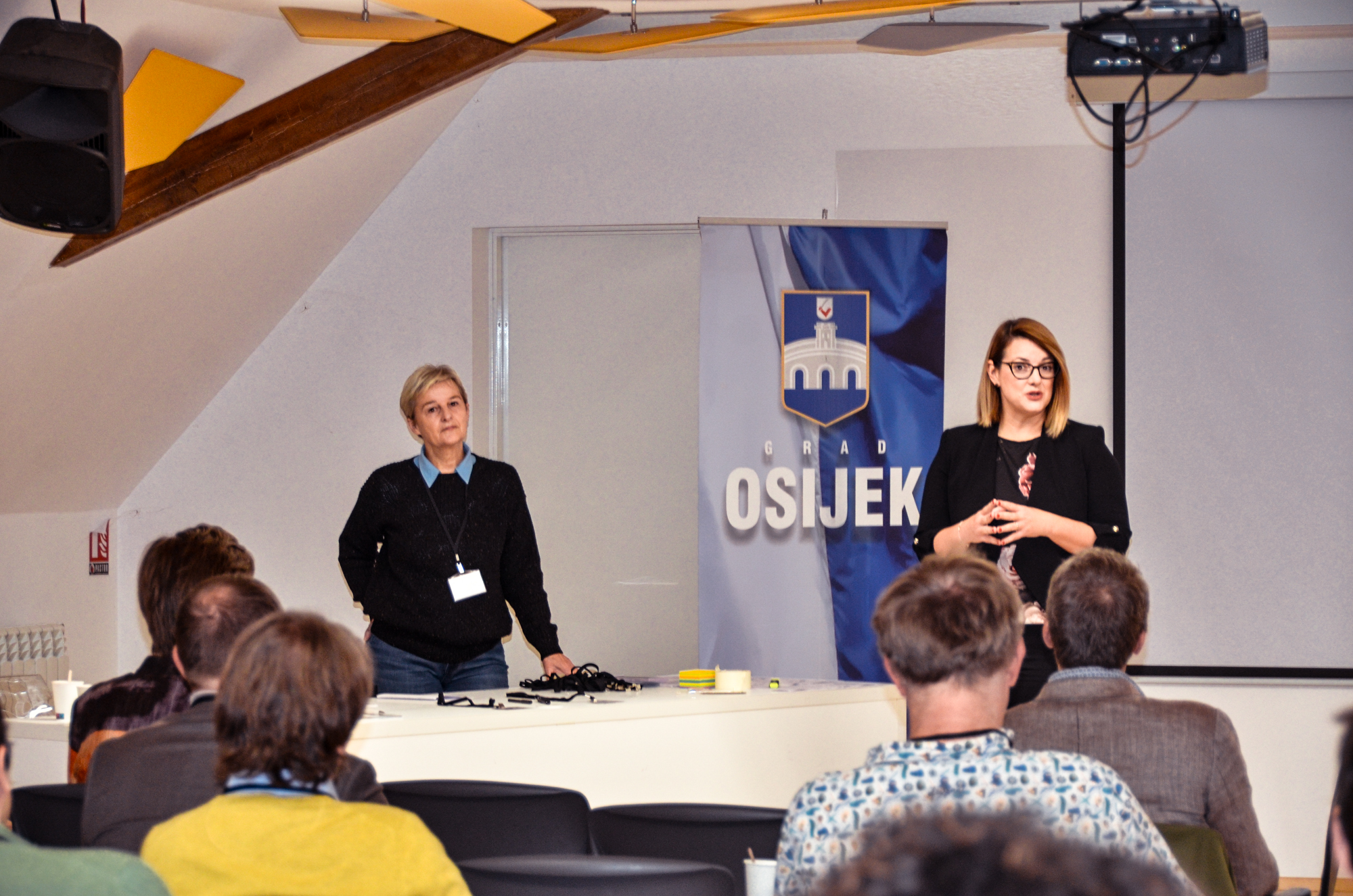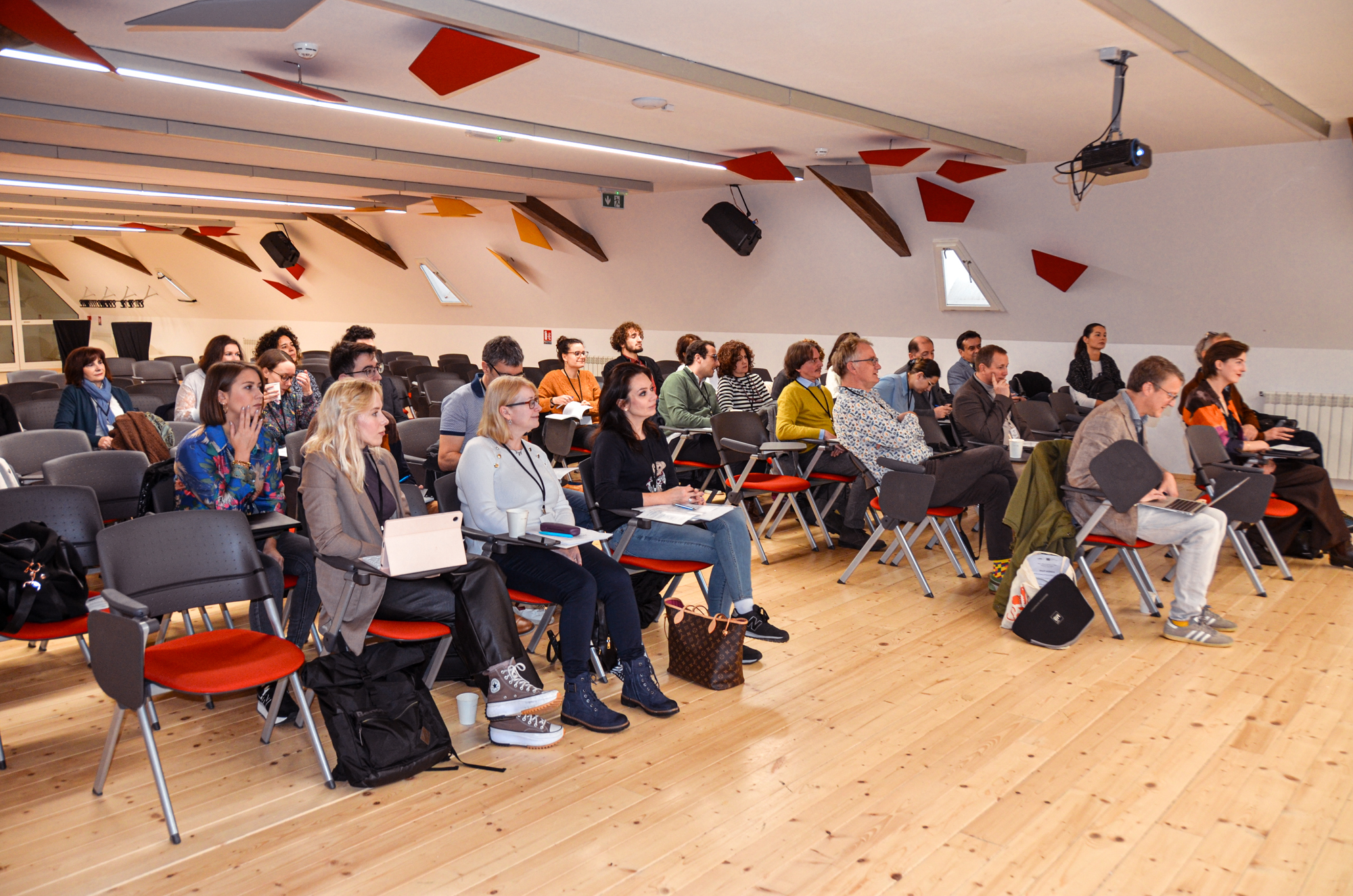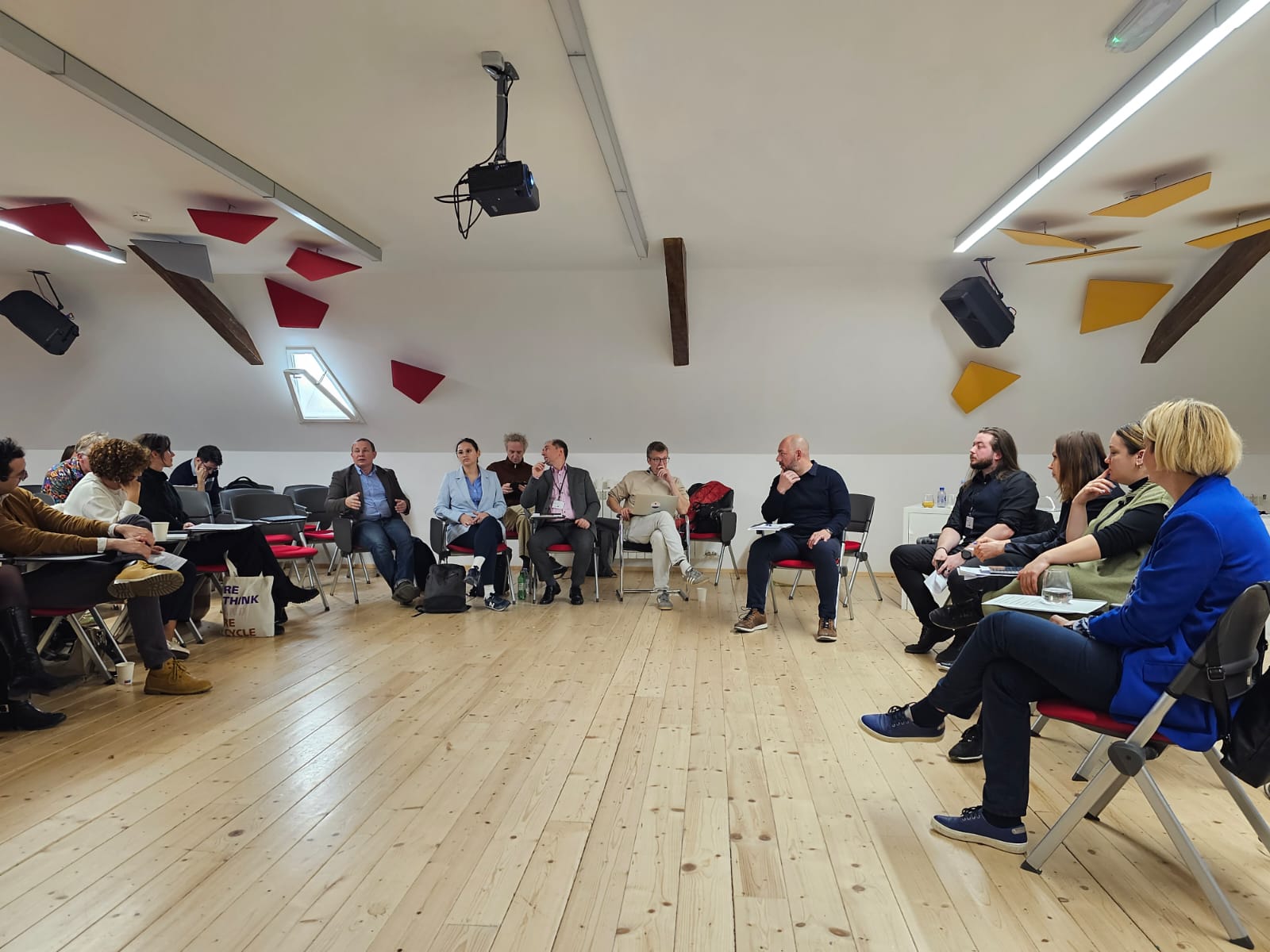Osijek Transnational Meeting: the first stage of our adventure
Over the two and a half years of the WELDI project, we will be organising a total of 10 transnational meetings in each of the partner cities. These will enable us to provide regular updates, and each time to address specific issues of particular interest to the host cities. In this context, Osijek organised a very special transnational meeting. As the first transnational meeting of the project and of its partners it had to cover the fundamentals of the project.

From City Visits to network roadmap
The Lead Partner and Lead Expert visited all partner cities between September and November 2023, to engage with local partners and collect local needs to be addressed in WELDI’s work plan. Partners discussed which common themes should be addressed in the project to promote the common development of policies and actions in favour of an inclusive and welcoming society for all.
The meeting provided an opportunity for an in-depth presentation of the baseline study and the project's roadmap for the next two years. Drawing on the wealth of knowledge acquired during the city visits, the expert outlined priority topics, working methods and outcomes for the network. WELDI’s roadmap will be finalised by the end of the year and serve as a guiding document for all partner cities, fostering a unified and coordinated approach to address migration-related issues.
Representatives from each partner city provided an overview on their local action planning and set up of local groups as well as good practice in relation to the different WELDI priorities. It was an opportunity for everyone to become aware of the differences, e.g. regarding the priorities and different connotations of different migrant groups. Those discussions also illustrated the amount of expertise in migrant reception and inclusion that exists in the WELDI network.

Osijek as place of arrival for Ukrainian refugees
The meeting also gave Osijek the opportunity to introduce some members of its URBACT Local Group (ULG) to the partner cities. An open discussion between city representatives and NGO representatives reflected what went well and which challenges remained in the reception of Ukrainians. It reminded us that successful migration initiatives are a result of the collective efforts of individuals and organisations working together for a common cause.
From the outset, local society connected the arrival of about 800 Ukrainians in the city with their own experience of displacement in the Yugoslav wars. Osijek’s experienced civil society organisations and 120 volunteers were involved in providing shelter and other support to the newcomers, including employment support, language training and cultural activities. Almost two years later, about 500 people continue to stay in the city, but there is no plan from the national government on how to address the mid and long term integration needs. Yet it became clear that Osijek’s civil society and Ukrainian community members have clear ideas on what is needed - e.g.to overcome obstacles to the further labour market integration of Ukrainians, e.g. in facilitating the recognition of qualifications. What is missing at present is political leadership and funding.
This open stakeholder discussion provided a blueprint on how to open up the work of the local stakeholders on their action plan and connect it with the transnational work in WELDI. It disclosed the current challenges of the city to the group, and led to comparison, questions and recommendations from peers from other cities..

Good Practices in Osijek: the potential of the special economy to create win-win situations
The City of Osijek also presented one particular project on “Refugees’ Economic Integration through Social Entrepreneurship” (REINSER) which was implemented in the framework of an Interreg Adrion project. The project co-created a social enterprise model based on identified needs and aspirations of the community and provides temporary employment opportunities for migrants. In contributing both to the economic autonomy of newcomers and satisfying community needs, this initiative is well in line with the philosophy of WELDI, to overcome prejudice against migrants by creating win-win-situations for migrants and local society. But the project also identified a labyrinth of legal and bureaucratic obstacles for setting up social enterprises in Croatia.
